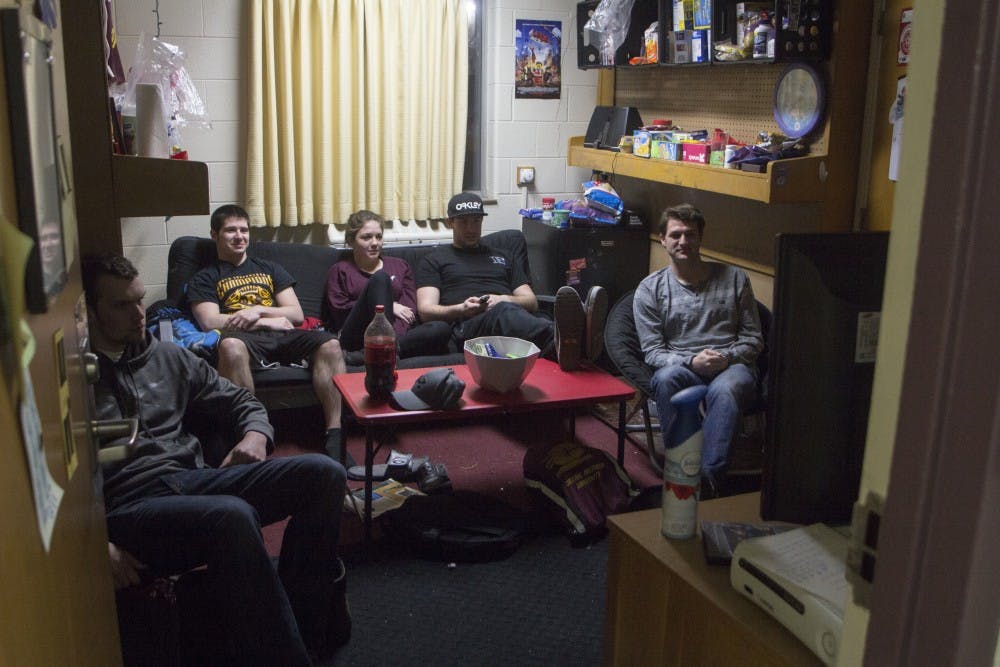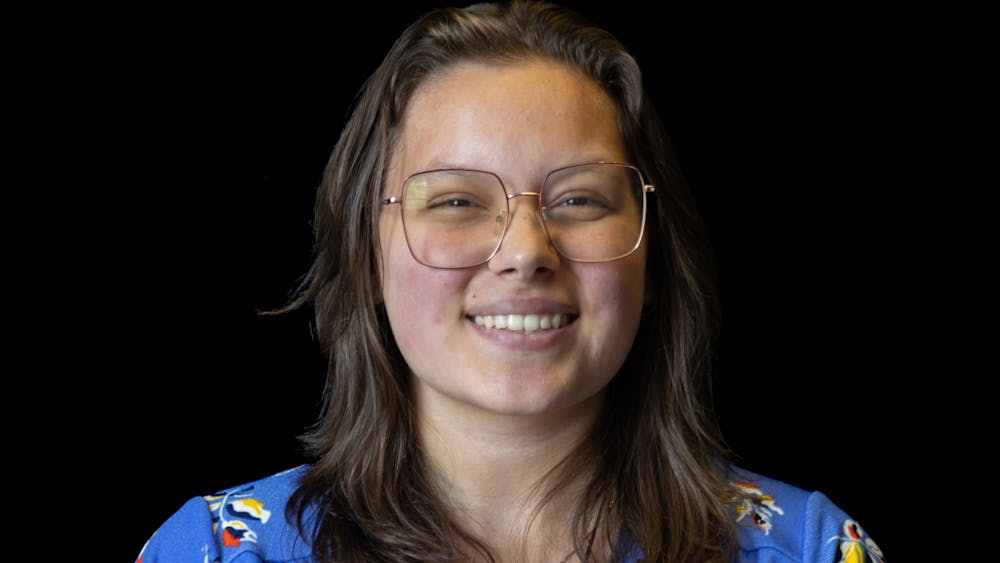Local police offer medical amnesty to overly intoxicated students
Michigan police departments practice medical amnesty, which means overlooking alcohol violations to encourage dangerously intoxicated people or those with them to call for help.
The state adopted Public Act 125 in 2012 in the interest of protecting minors. The law provides which circumstances will exempt someone from being charged with an MIP or other alcohol related violations, stating, "A minor (under the age of 21) who, after consuming alcohol, voluntarily presents himself or herself to a health facility or agency for treatment or observation," is guaranteed amnesty from criminal charges stemming from the possession of alcohol.
Mount Pleasant Police Department Public Information Officer Jeff Browne said the city was practicing medical amnesty long before it was a law.
"When someone calls us for an emergency, our priority is not to write as many citations as possible," Browne said. "People think that the only job of the police is to write tickets and citations. We're here to help you and keep you safe."
For students living in residence halls, calling the police for help during an alcohol-related emergency should be an easy decision.
Residence Life reported 49 transports to the hospital for alcohol related emergencies in the 2014-15 academic year, 37 in the fall semester and 12 in the spring. Of those transports, 10 were non-Central Michigan University guests in the Residence Halls.
Holly freshman Paige Baker said helping an overly intoxicated friend can be scary, but not as scary as what can happen from ignoring the problem.
"Earlier this semester our friend had too much to drink," Baker said. "We weren't sure if we needed to call anyone, we thought he could probably sleep it off, but when we tried to help him back to his room he crawled into a wall and smashed his head."
Baker and her roommates notified their Residence Assistant who called police and paramedics for the intoxicated student.
Associate Director of Residence Life Michelle Veith said students can always count on being protected under medical amnesty.
"If alcohol is still in the room, we're going to dump it," Veith said. "We're not going to write you up."
Once a student calls for help, police and paramedics arrive on the scene and notify Residence Life staff. The residence hall director also arrives on the scenel. The primary goal of paramedics is to determine how much the person in question has actually had to drink, and whether or not they need to be taken to the hospital.
If a student is escorted to the hospital, Residence Life staff will notify the emergency contact and provide them with contact information for the hospital.
Veith said the philosophy of Residence Life is to support students.
"We want people to call whenever they need to," Veith said. "We want them to live to see the next day. Nobody wants to be packing up a residence with the parents of a student who has passed away."
About 1,800 college students 18 to 24-years-old die each year from alcohol related injuries, according to the National Institute on Alcohol Abuse and Alcoholism.
CMU Police Department Lt. Larry Klaus said attitudes toward drinking in college has changed a lot. Binge drinking has become a cause for concern.
"Did kids drink in college 20 or 30 years ago?" Klaus said. "Yeah, of course. But we used to drink beer. We didn't drink a dozen shots of whiskey in a matter of minutes."
Klaus attributed the high number of alcohol-related emergencies to the way people drink, and said that these emergencies are easily preventable.
"You have to be responsible about drinking," Klaus said. "Set boundaries with your friends. Make those choices when you're sober and thinking clear."
CMUPD Cpt. Fred Harris said the next best way to prevent alcohol-related injuries and fatalities is to call for help.
"If you see a student in need, call us right away," Harris said. "Our goal isn't to jam you up, or to write everyone an MIP. Our goal is to keep everyone safe and breathing."





